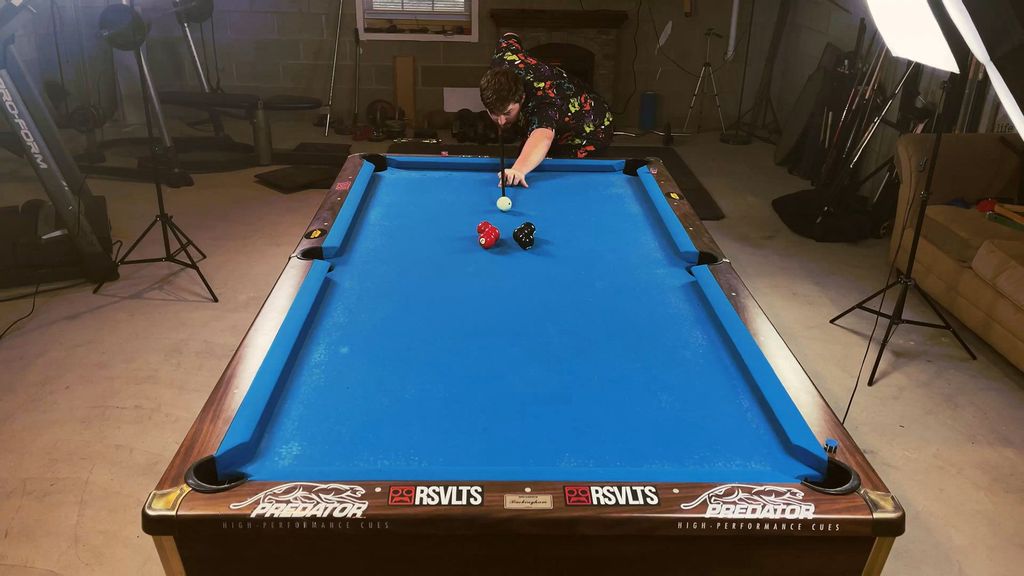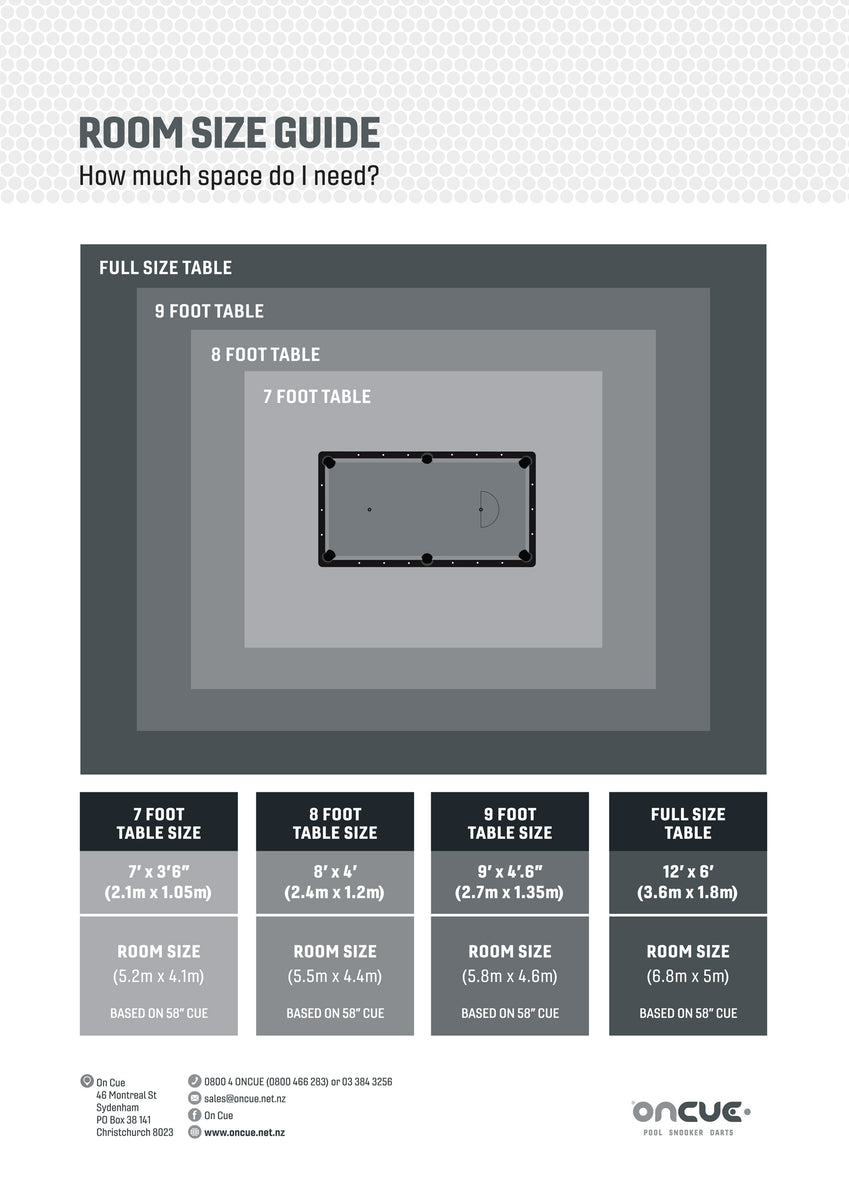
Pool is one of the world's most popular sports. It can be played at a variety of sizes. You need to be skilled at the game. There are many kinds of pool. However, eight ball pool and continuous pool are the most popular. These games require a high level skill and can also be played in a singles, doubles, or team sport.
The objective of the game is to pot all designated balls. This includes the eight-ball, cue ball and other object balls. Each player receives one of two pockets at each end of the table. They will continue until they are fouled or miss. A foul means that the player must return the ball to the cue ball and attempt a new shot. A break, hitting the cue ball in an object ball or breaking an unwritten rule, as well as execution of a jump shot, are all possible fouls.
The World Standardized Rules is the official pool rules. They are used by many international tournaments and organisations, as well the Billiard Convention of America. If there is a foul, the ball must be put back on. The ball pocketed by an opponent counts as one point.

Eight-ball is a game where the goal is to get the black eight ball. Depending on the variation of the game, the other balls are numbered 1 through nine. The winner of the game is the one who has the ball in his own hand.
A normal foul can result in a penalty of a minus. The ball must immediately be racked if it is caught in the middle of a foul. After the player has taken his next shot, he may choose to restore the position he was in before the foul. Or, he could decide to keep his shot. If the opponent takes the ball from his pocket, he'll receive a point.
Another foul is the ball-in-hand foul. This is when a player touches the cueball without putting his or her foot on it. A player must announce the ball that was pocketed before taking a shot. The ball that was lost in foul must be returned to the player who pocketed it.
Two fouls in succession must be reported to the officials before the player can take their next shot. A third foul is considered a foul and will result the inability to play. For example, if the player breaks in the first inning, he or she will be given a minus score of -10.

A non-player interfering foul is another form of foul. Non-player interference refers to any foul that occurs when the ball gets pushed or bumped in the face by an opponent, or an unscheduled fixture. Non-player interference is not considered if the ball gets pocketed in the course, or as a foul.